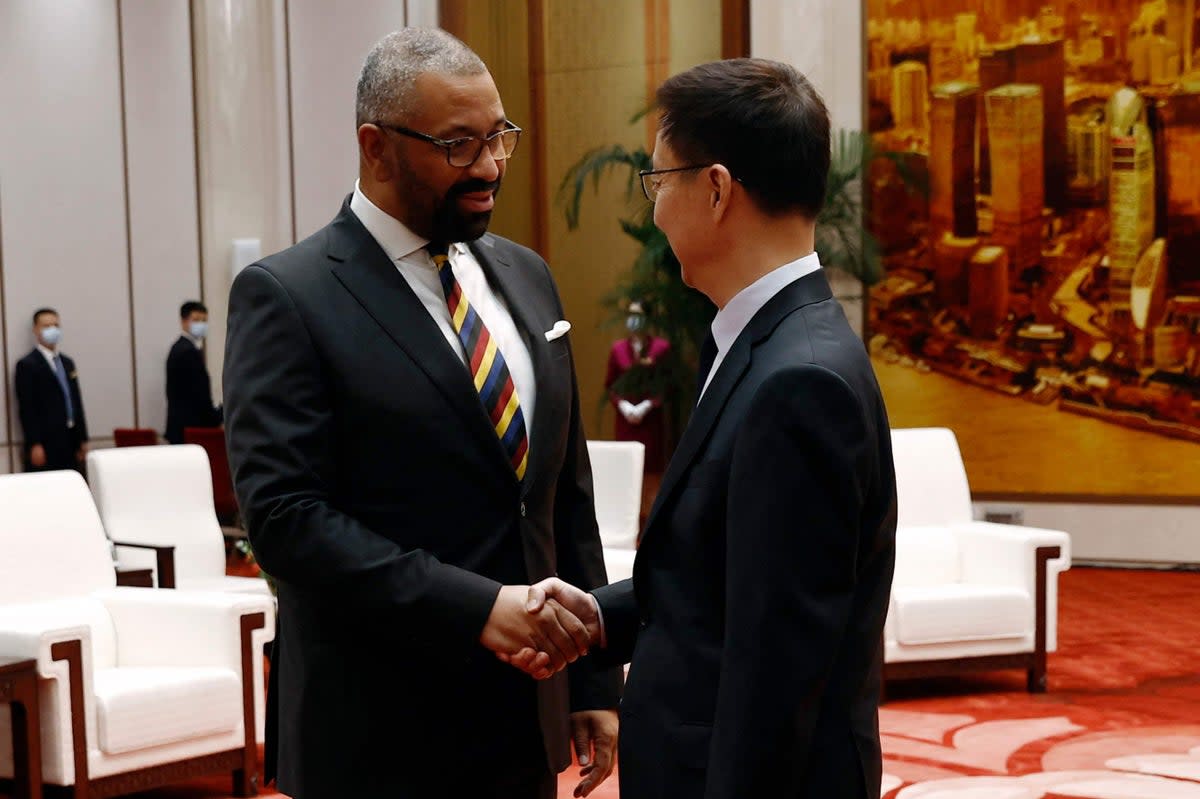OPINION - Britain’s China policy is a messy compromise

After nearly five years without a senior cabinet minister visiting China, Foreign Secretary James Cleverly’s visit marks the re-opening of communications. However, we should not expect substantial improvement in the UK’s ties with China from just a single visit.
After the “golden era” of bilateral ties during President Xi Jinping’s state visit in 2015, relations between China and the UK turned sour as they clashed on human rights, Hong Kong and Taiwan.
For the Government, a major challenge has been balancing a pro-business attitude with the demands of China-sceptic Tory backbenchers. It must better understand how these strands of the relationship are connected and become more skilful at operating at both levels. Judging by the language from this year’s review of UK foreign policy priorities, ministers have been wrangling about how to define “China” for months. “Epoch defining challenge” is what they finally arrived at.
A major challenge has been balancing a pro-business attitude with the demands of China-sceptic Tory backbenchers
The formula reflects a strong desire to balance UK trade ties with increasing geopolitical concern and alignment with US policy. Beijing remains perplexed by Brexit and the succession of short-lived prime ministers in its aftermath. China is therefore re-evaluating its relationship with London and the longevity of the current government. Yet China’s growth prospects have been weaker than expected and this has renewed its impetus to engage with Europe economically.
While EU states such as France and Germany are well versed, as is Brussels, in the rhetoric of “de-risking” with China, both President Macron and Chancellor Scholz managed visits as soon as Beijing emerged from Covid. Rishi Sunak remains the only G7 leader with no in-person meeting with Xi.
It has never been easy to craft a middle way foreign policy. Yet, Sunak and Cleverly are now convinced “ambivalence” should characterise the UK’s ties with Beijing. London will have to balance security concerns with realism about how much it can change the Chinese government’s outlook and political choices. And it will have to accept that it cannot divorce its security stance from its hopes for reasonable economic ties.
Dr Yu Jie is senior research fellow on China in the Asia-Pacific Programme, Chatham House


